Family hostility, social obstacles: How this queer couple’s union survives hardships
- Dignity Post
- 14-05-2023 06:55
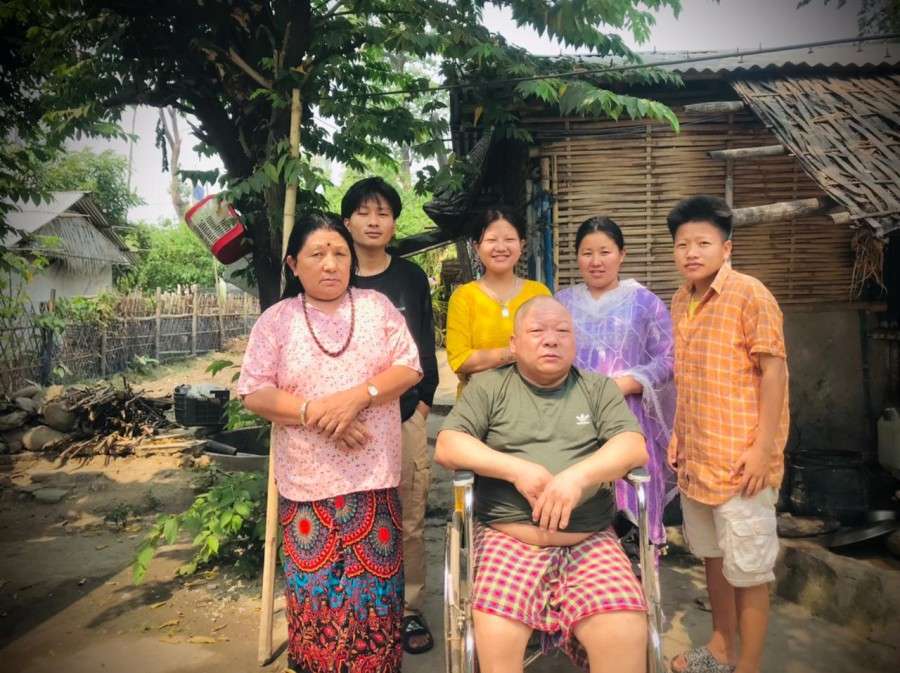
Family hostility, social obstacles: How this queer couple’s union survives hardships
It was love at first sight. When Madhusha Angthupo Limbu saw Lorax Rai at a football practice session, the two immediately clicked with each other. As they got talking, Madhusha’s feelings grew stronger. But she was in denial, she said.
“I didn’t know whether what I felt was just a friendly affection or a romantic attraction.” Before meeting Lorax, Madhusha didn’t know she was queer.
Now, Madhusha and Lorax, who is a transgender man, have been married for three years. They live with Lorax’s family in Beldangi refugee camp in Jhapa. When they began their relationship back in July 2019, their lives took a drastic turn, resulting in two police cases, death threats, and an elopement to Kathmandu that left them vulnerable both mentally and financially.
Though Nepal’s constitution guarantees the right to freedom and a life of dignity for gender and sexual minorities, it has not yet translated into societal practice, as queer individuals face discrimination, even violence at the hands of their own family members, the community and state institutions like the police. Some have also resulted in deaths, like in the case of Junu Gurung in 2019 and Ajita Bhujel in 2020, both of whom were trans women.
Lorax, who was assigned female at birth, has always identified himself as a man. He was born in Beldangi, Jhapa, and his family accepted his masculine presentation from childhood. “I dressed up like a boy and liked doing traditionally masculine things,” he says. His parents, unlike many families who are unaccepting of queer values, let Lorax be himself without prejudice or judgement.
Madhusha, who was born in a village near Beldangi, however, wasn’t so fortunate. When her parents found out she was in a relationship with Lorax, they were furious. “How can two girls be in a relationship? That’s what my family argued,” she says. After receiving threats and physical abuse, she ran away from home and joined Lorax at his home in Beldangi.
One day, however, both were summoned by the police, who revealed that Madhusha’s parents had filed a police case condemning the couple’s union. “Her family members threatened and intimidated us at the police station, demanding that we never see each other again,” says Lorax. During the confrontation, there were even instances of physical violence.
Kabita Tamang, the Koshi provincial coordinator of Mitini Nepal, an organisation that advocates for queer individuals, says that she can cite many examples wherein police cases are filed against queer couples. “Families often file kidnapping cases when, in truth, their children have run away from home because of abuse and discrimination they face for being queer,” Kabita says, adding that in the past, many LGTBIQA+ individuals were also sent to rehabilitation centres.
The police in Beldangi sided with Madhusha’s family, which resulted in them being forced to sign a written document agreeing to stay away from each other. Back at home, Madhusha would be beaten up frequently, so after a month, she returned to Lorax’s home.
Reference:
https://kathmandupost.com/life--style/2023/07/01/family-hostility-social-obstacles-how-this-queer-couple-s-union-survives-hardships


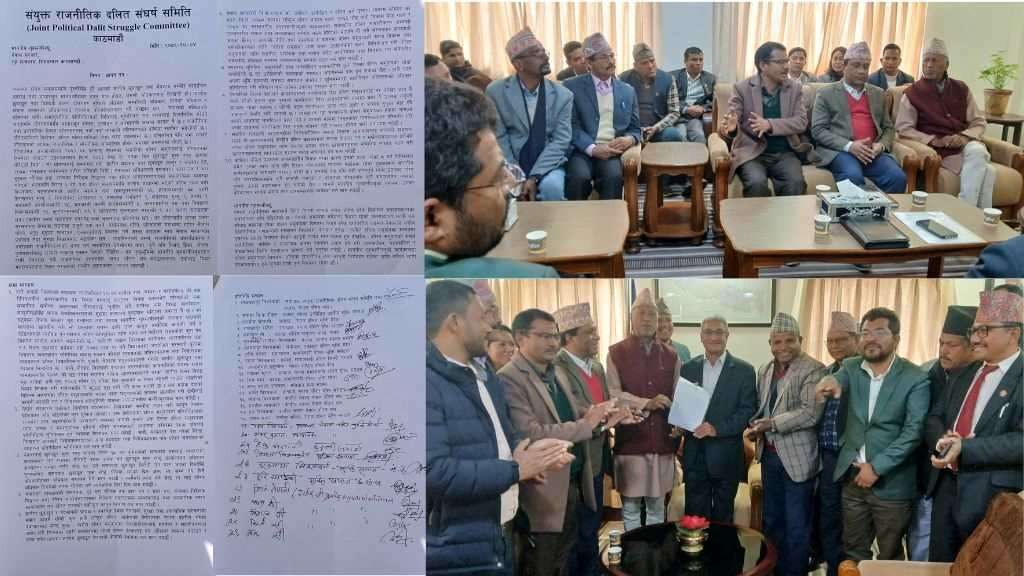
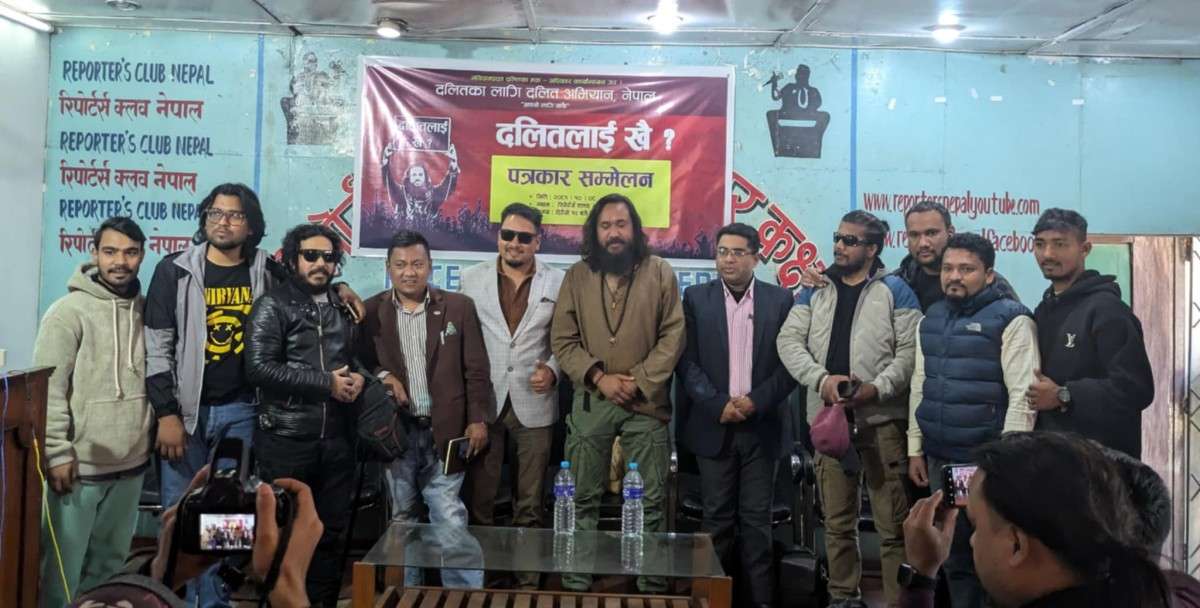
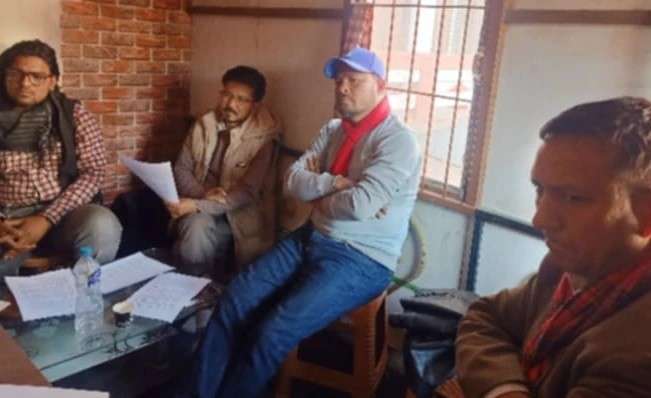


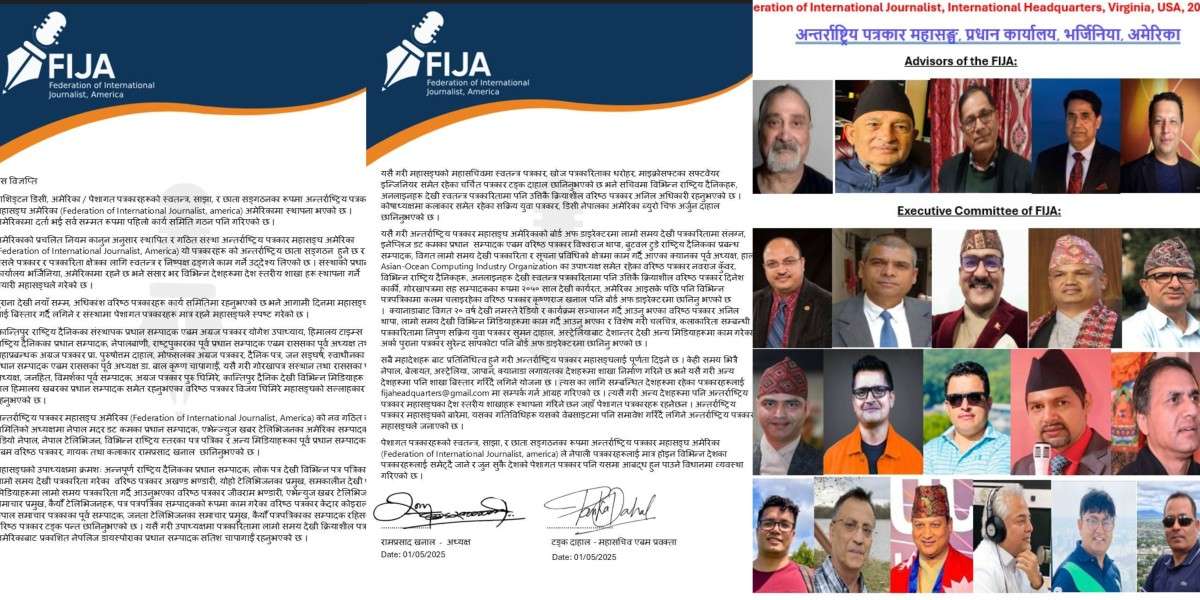



Conversation